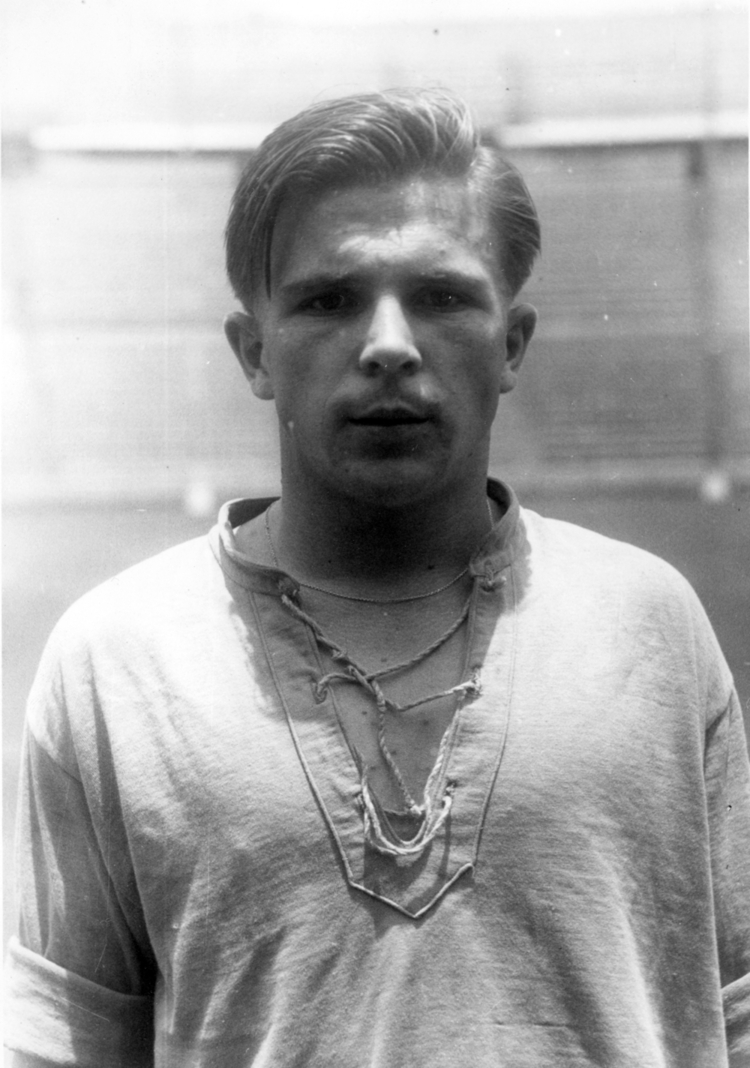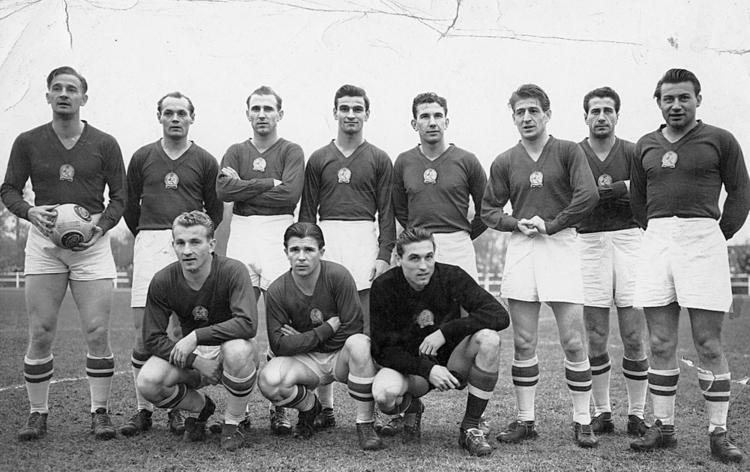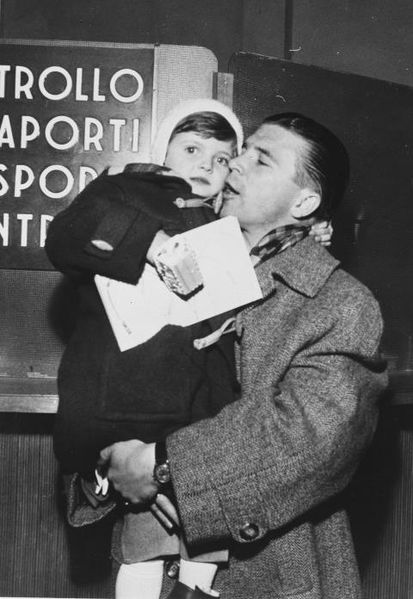Change language:
5+1 things you did not know about Ferenc Puskás! – PHOTOS

Ferenc Puskás is probably the most famous Hungarian, being one of the first football stars in the history of the sport. He played and worked as a coach on four continents. His name is praised in many languages each day. But who was Ferenc Puskás, and how did he become one of the greatest football players ever? We collected 5+1 things about his life you have probably never heard about, and neither have most Hungarians. Provided you tell these stories to your Hungarian friends, free beer is granted.
1. We do not know when he was born exactly
In the case of legends, it is not rare that some details in their lives are not cleared. For example, we do not know where Lajos Kossuth, one of the greatest leaders of Hungary, was born. According to his biographies and the birth certificate, Puskás was born on 2 April 1927. However, the family says that the date was 1 April. What is sure is that he was born in Józsefváros, Budapest in a family of German descent. His father was born Purczeld and changed his name to Puskás only after Ferenc was born.

2. He was extremely temperamental
People often say that Hungarians are temperamental. In the case of Puskás, despite his German origins, this was particularly true. The Hungarian Football Federation (MLSZ) banned him from playing in the national team in 1947 for an entire year. That was because he beat a Bulgarian footballer in Sofia. Furthermore, he refused to do what Béla Guttmann, the new coach of Budapest Honvéd, Puskás’s club, said to him. As a result, Mr Guttmann left the team weeks later. He scolded a linesman so harshly that the MLSZ did not allow him to play in the Hungarian Football League.
3. He had a good relationship with the Communists
After the Communists destroyed the young Hungarian democracy after WWII, they considered football as a source of legitimacy. Since the national team of Hungary was very successful, the members, coaches, staff became privileged in the regime. For example, they could bring Western products and sell them, which was a profitable business behind the Iron Curtain.
Moreover, Puskás was so famous that he could visit the dreaded communist Defense Minister, Mihály Farkas, any time. Though the generals had to schedule an appointment, Puskás only had to call the minister and he was always welcomed. Therefore, he could help his teammates and other athletes, he could even bring them out from jail. Pál Dániel Rényi, the author of Győzelmi kényszer, a book about PM Orbán’s relationship to football, said that Puskás had an instinct how to deal with white-collar leaders, or instruct his teammates on the football pitch. He was a born diplomat despite he finished only a couple of classes at school – György Szepesi, the famous football commentator of the era, told about him.
4. He became the target of angry fans after the lost world cup final
The love and respect he got from the Hungarian fans could turn easily into anger. The Hungarian national 11 lost the second world cup final in 1954 against West Germany. Hungary defeated the Nationalelf in the group stage 8-3, but could not do so in the final despite their 2-0 lead in the 10th minute. People suspected that Puskás and his teammates sold the match for 50 Mercedes cars and money. Many say that the defeat contributed a lot to the outbreak of the 1956 revolution. Riots lasted for three days in Budapest after the defeat and people scolded the coach, Gusztáv Sebes and Ferenc Puskás, the captain of the team.
5. Puskás, the traitor
The Communists used the Golden Team of Hungary and the Golden Team used the Communists. However, that was true only during the period of victories. When the 1956 revolution was crushed by Soviet tanks, the Honvéd was in Spain. The new Communist leadership demanded Puskás and his team return to Hungary but they refused. They started a European tour, played matches for money, they even travelled to Brazil. The clubs and countries welcomed them as superstars, so many of them did not return to Hungary including Puskás. As a result, Communist daily Népszabadság wrote on 21 March 1957, that he was a traitor. The media started a hate campaign against him reporting regularly about his “crimes.”

+1 This is how his wife and daughter could join him
Of course, the football players did not take their families with them to their international matches. In a Communist dictatorship, that served a special purpose: the leaders could always blackmail their players with their families. If Puskás wanted to remain abroad he needed to smuggle out his wife and 4-year-old daughter. With the help of human smugglers, they could finally join the Hungarian superstar in Vienna in December 1957 after several unsuccessful attempts to cross the Austrian border on foot.














Hungarian Hero.
Loved and Adored.
There will never be – in Hungarian Football – a player as Gifted, Creative, Skilled – the ability to inspire and raise a team in its standards of personal and team performance – as Ferenc Puskas.
Magical blessed with natural ability – that in the football world – is a Rarity.
Hungary – don’t dwell of the SUPPOSED negatives of this National Hero.
Let us be PROUD – that Hungary – playing in a shirt of our Proud National Colours – produced without a shadow of DOUBT – if not judged by experts overall in number – the greatest footballer ever to play the game, but Ferenc Puskas – who would out-vote him, to be the Greatest of All time ???
May He Rest eternally in Peace – and AGAIN express APPRECIATION for the sheer joy – that he gave to millions of Hungarians.